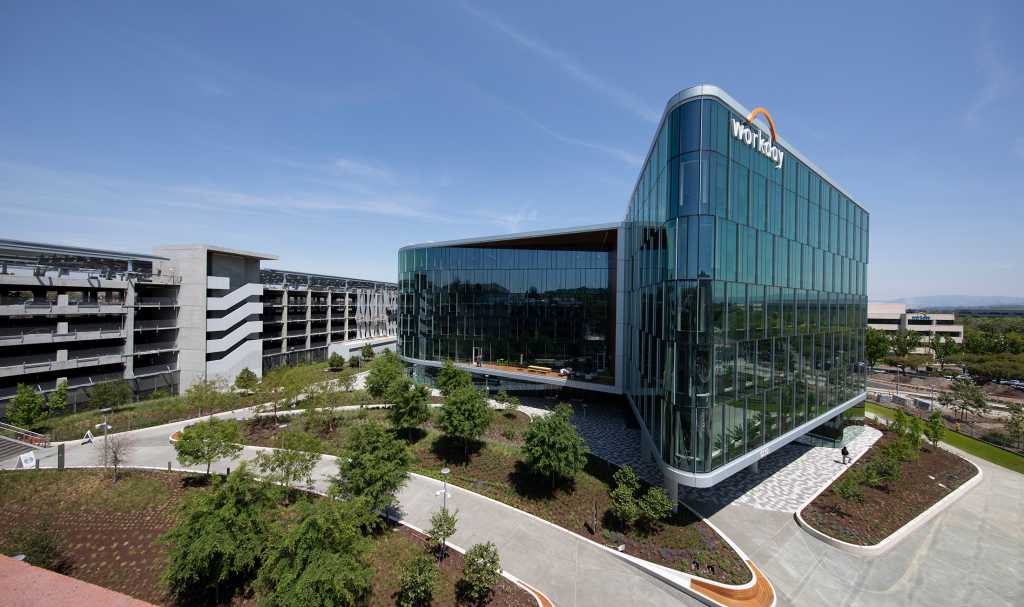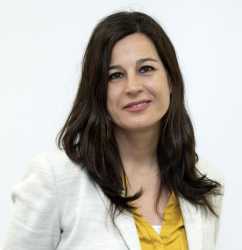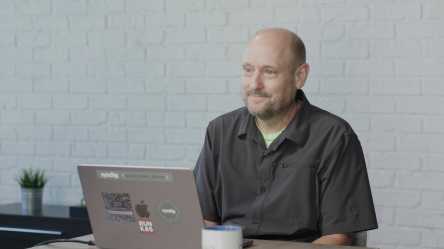By acquiring the Swedish artificial intelligence company and integrating its technology into its existing people management software, Workday aims to "create the work experience of the future," a scenario of human employees empowered as never before by AI agents.

Workday has agreed to buy Sana for $1.1 billion, and plans to combine Sana’s AI-based search, agents and learning with its own finance and HR software to drive personalized employee experiences.
It expects to close the deal by the end of January, subjuect to regulatory approval.
It’s less than a month since it agreed to buy Paradox, an agent that uses conversational AI to simplify job application processes, and Flowise, a low-code platform that facilitates the creation of AI agents. Those acquisitions follow the announcement of a restructuring plan devised to accelerate international growth by investing more in artificial intelligence and less in salaries: In February Workday said it will lay off 1,750 employees, or 8.5% of its workforce.
“The race to deliver AI-driven assistants in HR and Finance has accelerated dramatically,” said Sailesh Hota, vice president at Everest Group. “By scooping up Flowise, Paradox, and now Sana in quick succession, Workday is essentially fast-forwarding its roadmap. These deals give it ready-made expertise in agents, recruiting, and enterprise AI use cases without waiting years to build.”
Goal: “Reimagine the future of work.”
Workday’s president of product and technology, Gerrit Kazmaier, said, “Sana’s team, AI-native approach, and beautiful design perfectly align with our vision to reimagine the future of work.” In a company statement he assured that this move “will make Workday the new front door for work” by offering “a proactive, personalized and intelligent experience.”
However, the agreement ensures that, while part of Workday, Sana will continue to develop its existing solutions for learning and work (Sana Learn and Sana Agents).
Sana founder and CEO Joel Hellermark said, “Our focus has always been on creating intuitive AI tools that improve how people learn and work. I’m excited to bring these tools to 75 million Workday users and partner with Workday’s iconic team to launch a new era of superintelligence for work.”
By bringing together technology from both companies, Workday users will be able to find answers information and files by searching data sources including Workday, Google Drive, SharePoint and Office365, and access agents that can summarize information, assist with projects, create documents and dashboards based on company knowledge, and automate repetitive tasks, the company said.
Competing ecosystems
Everest’s Hota said the acquisition is about “planting a flag in the AI assistant market before Microsoft, ServiceNow, or Salesforce become the default entry point.” Oracle, SAP, and ServiceNow are all embedding copilots and workflow AI across their HR applications, he said, “But the bigger competitive dynamic is with the horizontal platforms. Microsoft Copilot and Salesforce Agentforce want to sit above HR and finance systems as the first place employees go with a question. That’s exactly the surface Workday is trying to defend.”
Dion Hinchliffe, CIO practice lead at The Futurum Group, said the acquisition will enable Workday to accelerate its AI strategy. “Building an AI-native agent framework and learning platform internally would take years, and the competitive landscape is moving too quickly for that timeline. By acquiring a company that already has proven adoption and design expertise, Workday can quickly position itself as a ‘front door to work,’ not just an HR and finance back-end.”
While this creates opportunities for customers, it brings new pressures, he warned. “Enterprises are now facing heavily overlapping agent environments with Workday, ServiceNow, and Microsoft all vying for primacy. This competition will force IT leaders to define governance and integration strategies early to prevent redundant agent-building platforms from creating fragmentation,” he said.
With the inclusion of AI, HR applications are moving from being systems of record to systems of intelligence action and action — what Hota called an “ask-act layer” and that Hinchliffe noted is expanding to encompass labor itself with agentic AI.
Workday’s management team is currently in San Francisco for the company’s annual Workday Rising event, where, in addition to this acquisition, it has announced a series of agents (Workday Illuminate) for HR, finance and education. HR, finance and education, which will be available in 2026, and Workday Data Cloud, a data layer designed to help organizations unlock the value of HR and finance data by connecting it with existing analytics platforms.
The company also announced partnerships at its big event with other technology vendors including Databricks, Salesforce and Snowflake that aims to give its customers direct, non-duplicative access to core HR and finance data within the platforms they already use and enable them to integrate that same data into Workday under this same approach.
More Workday news:











